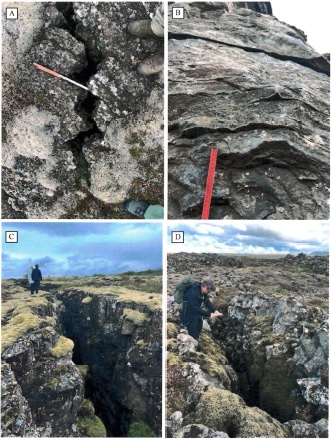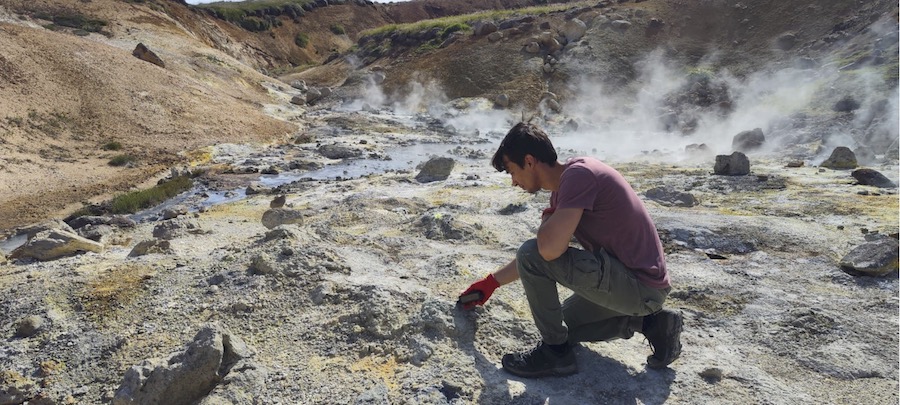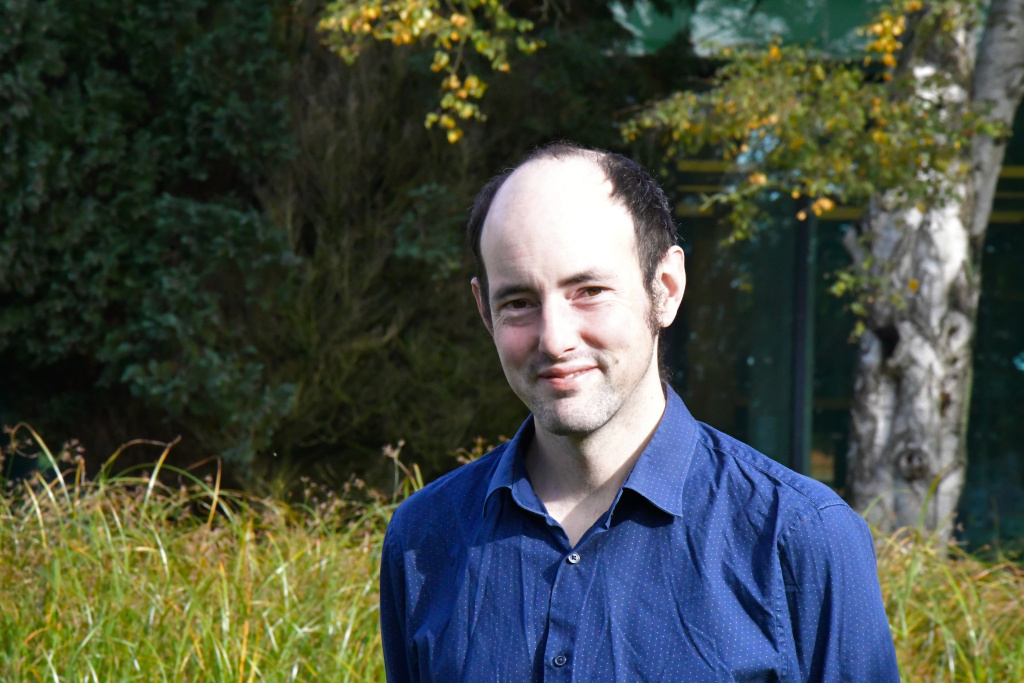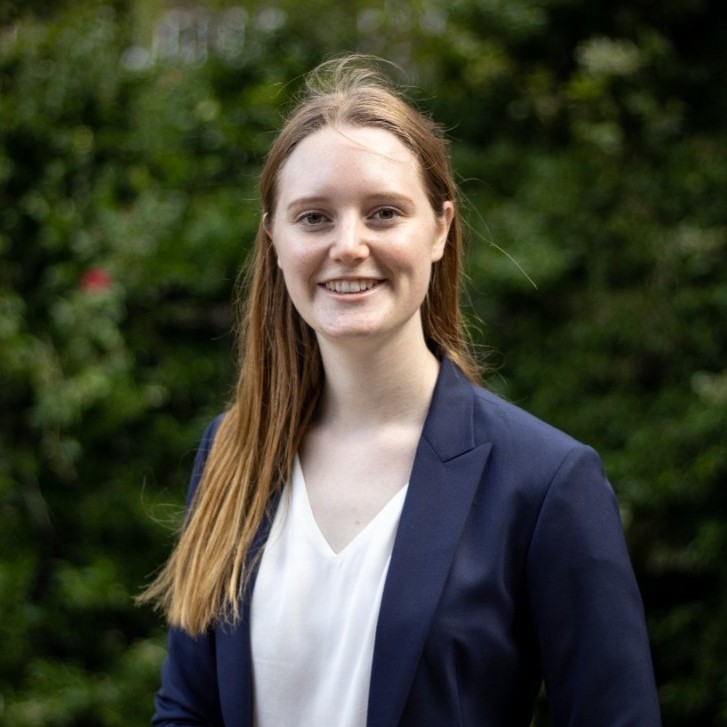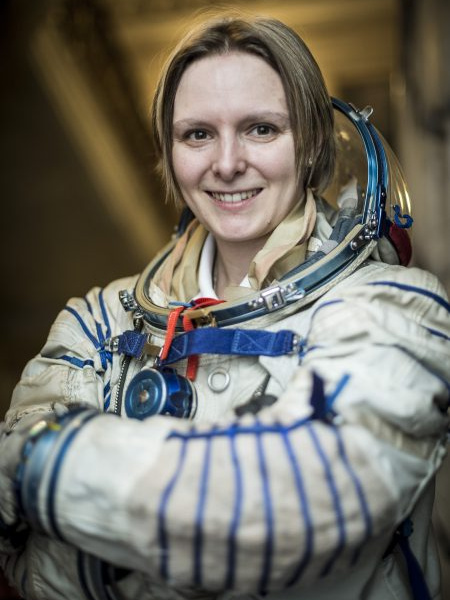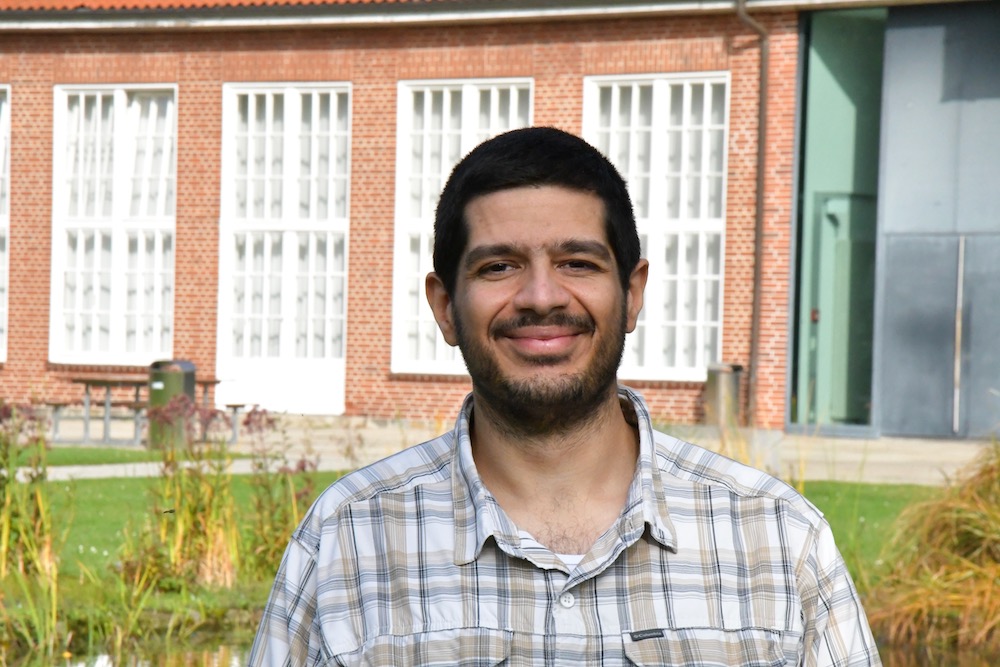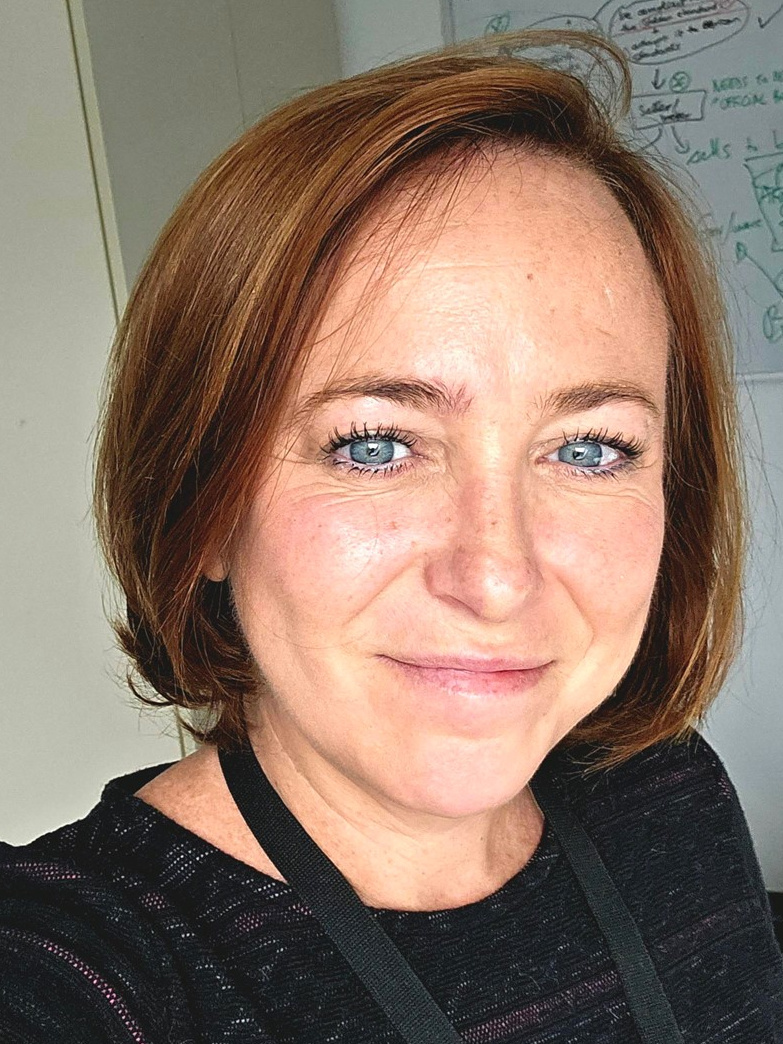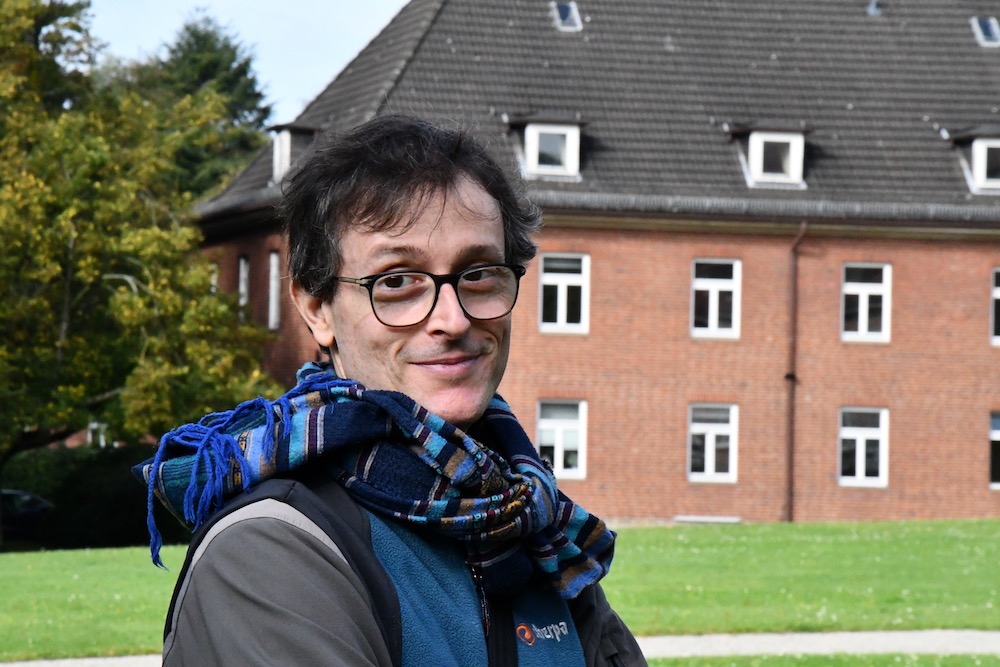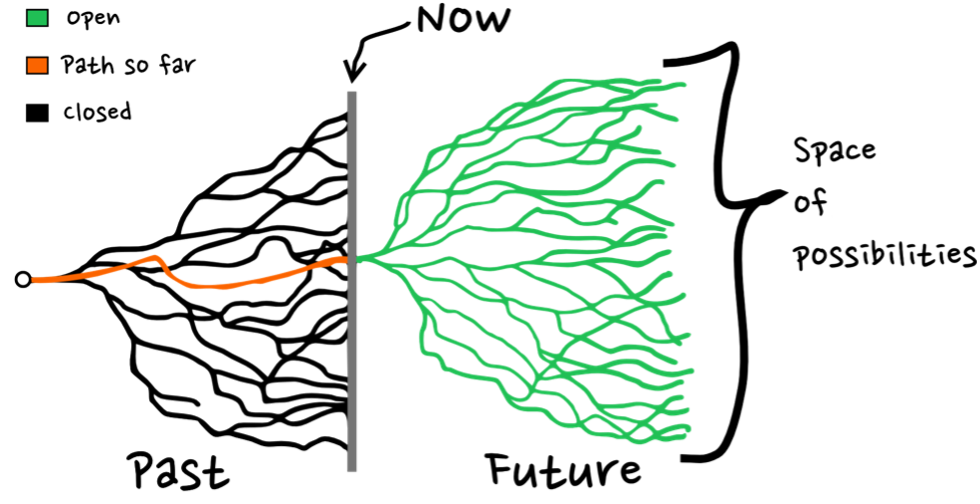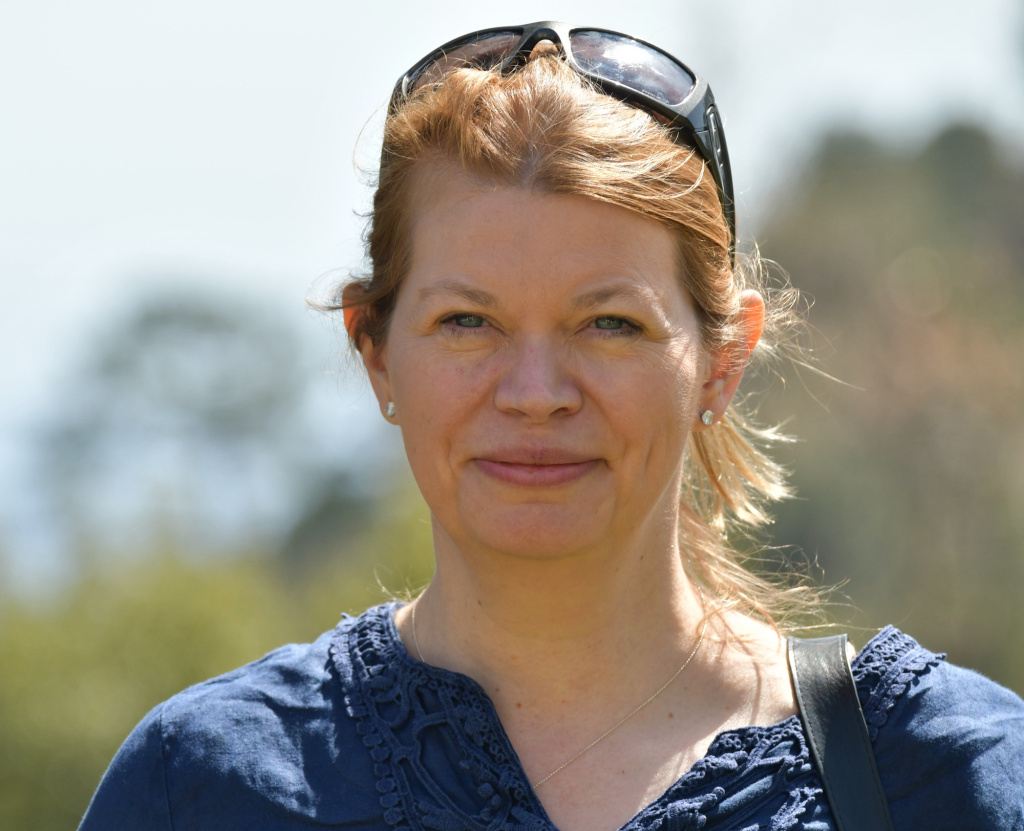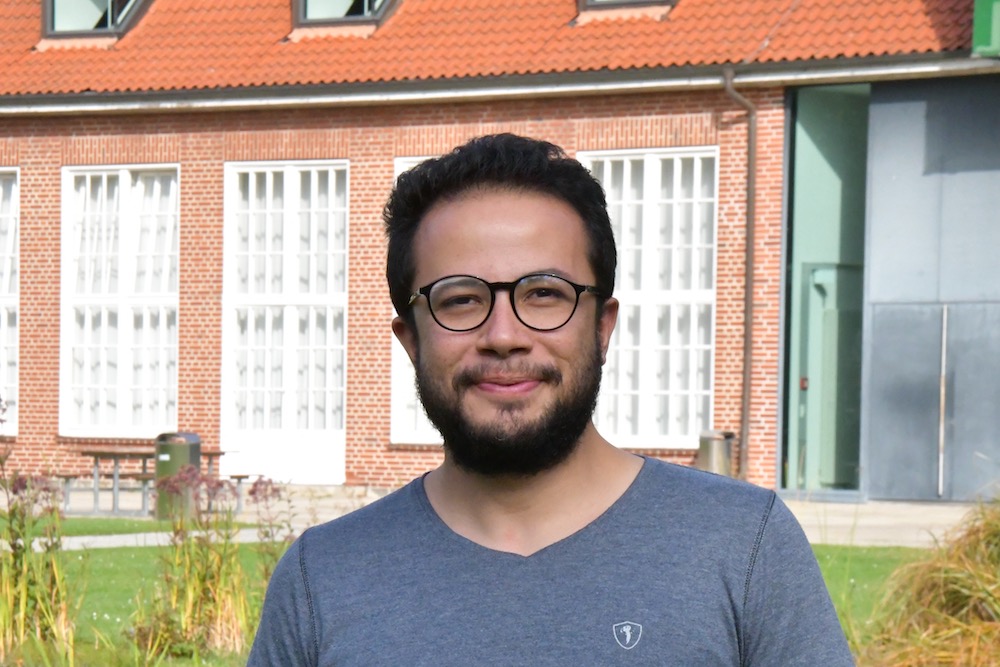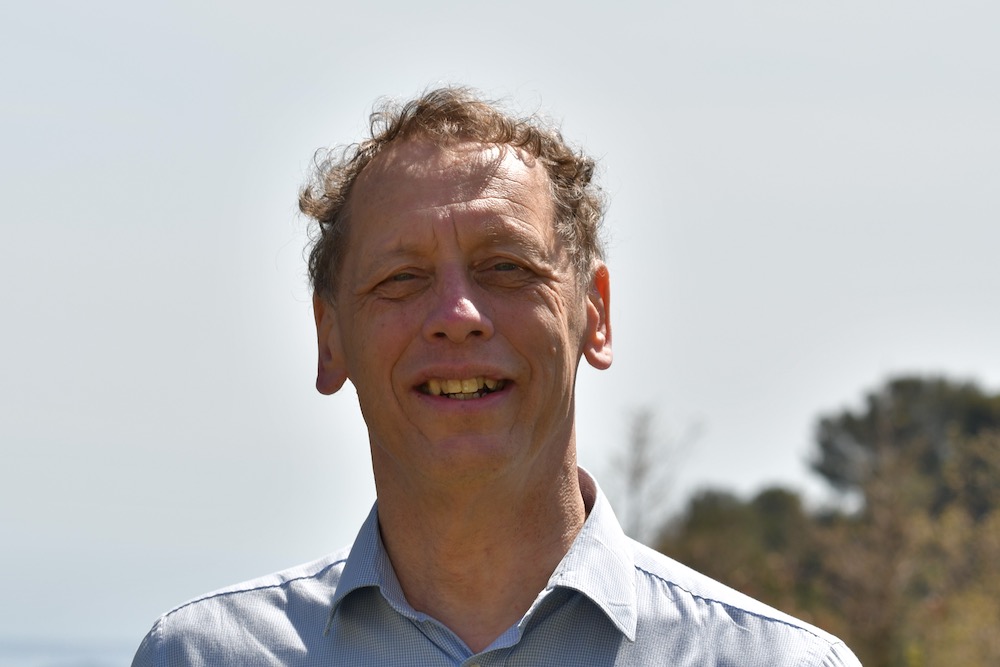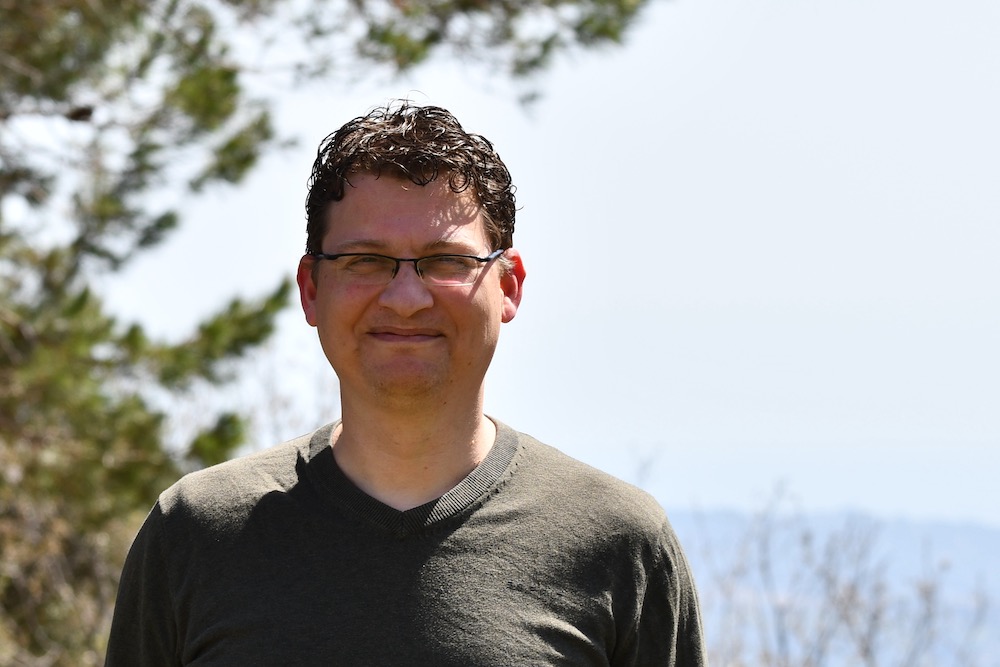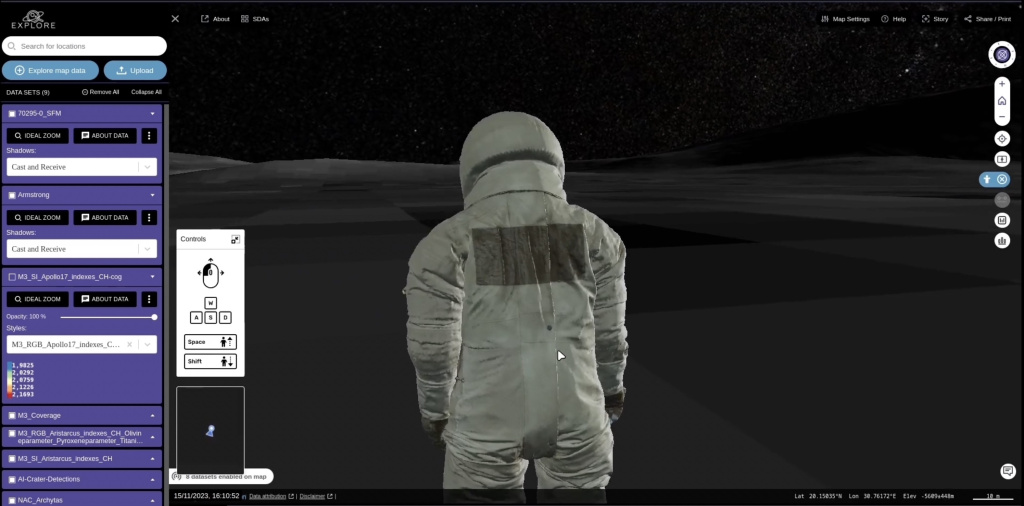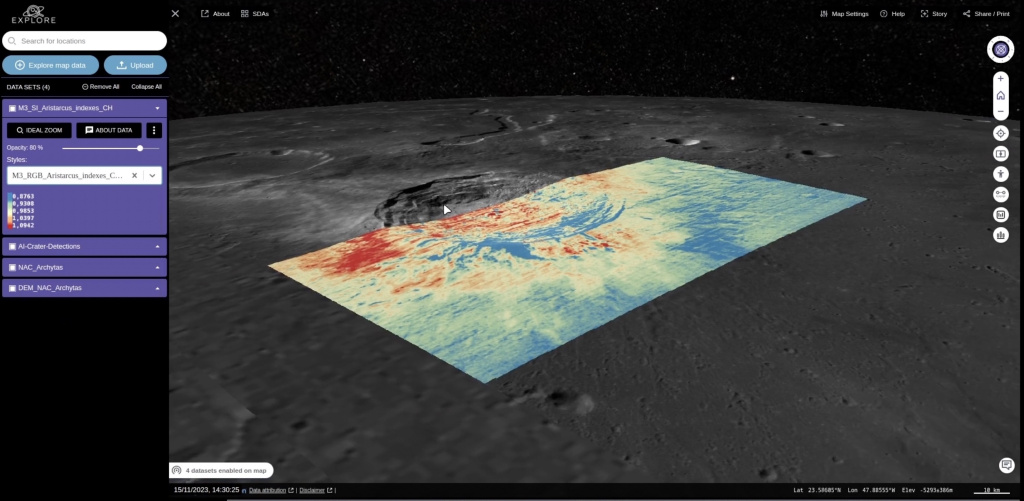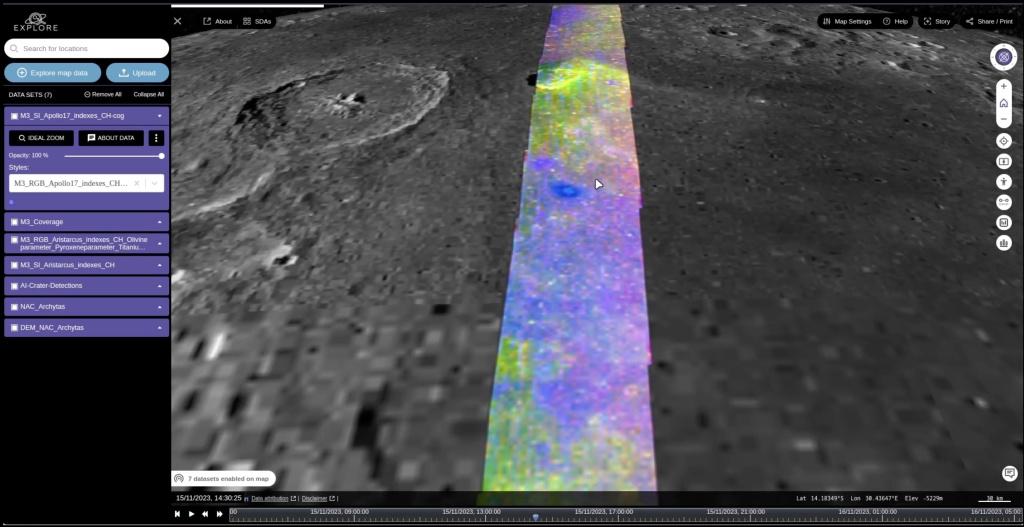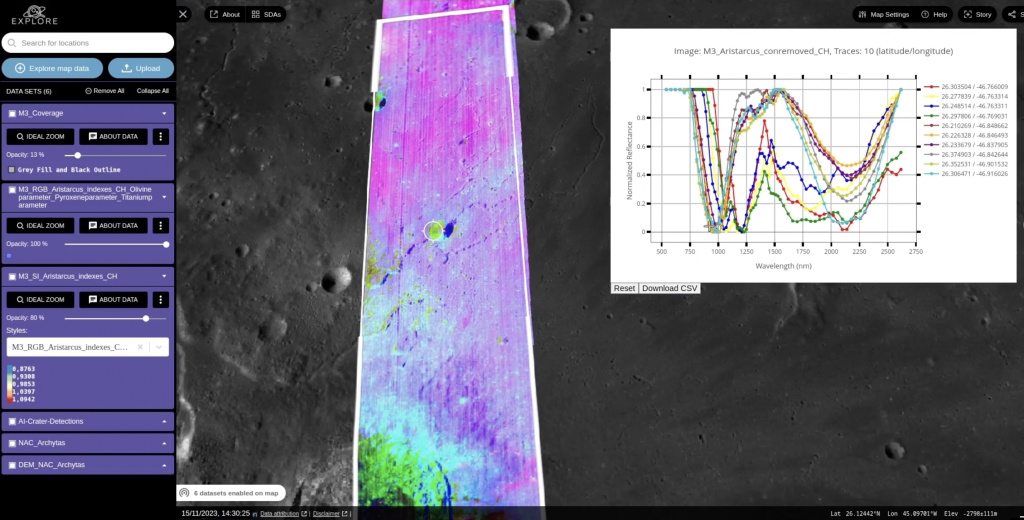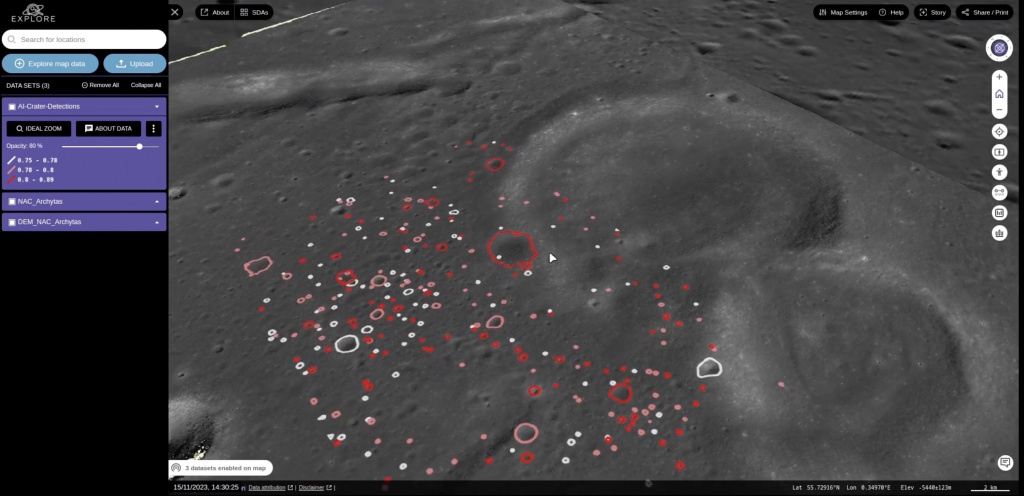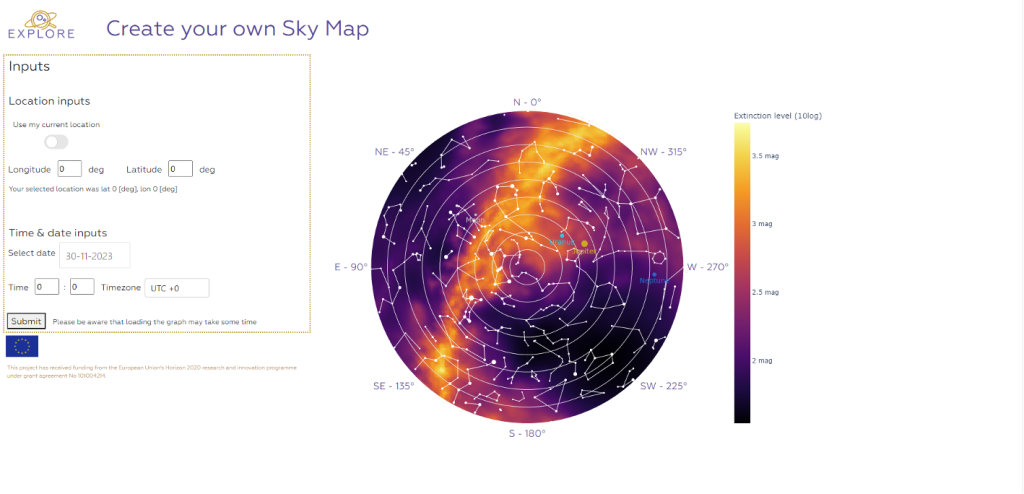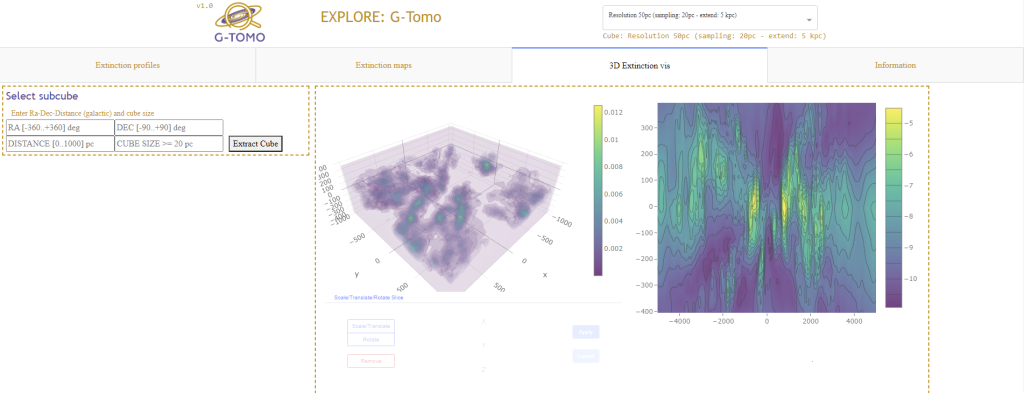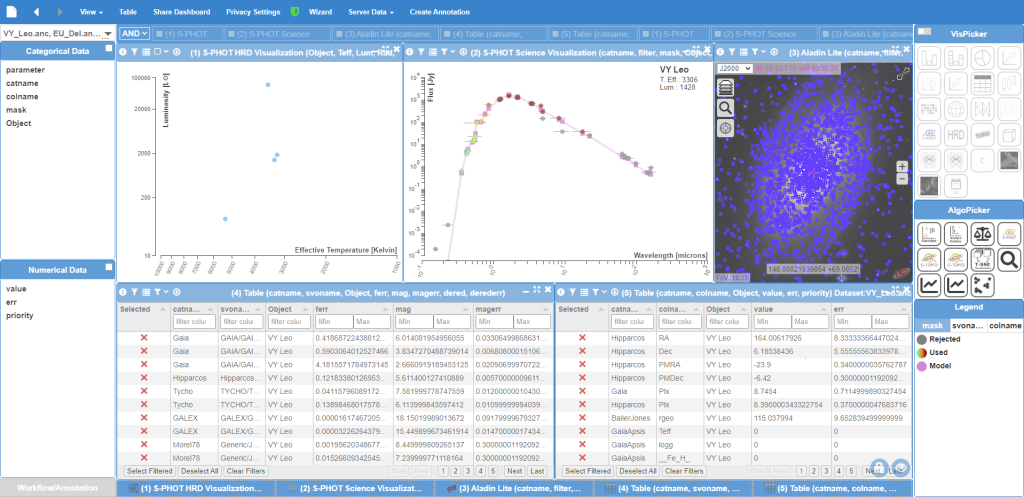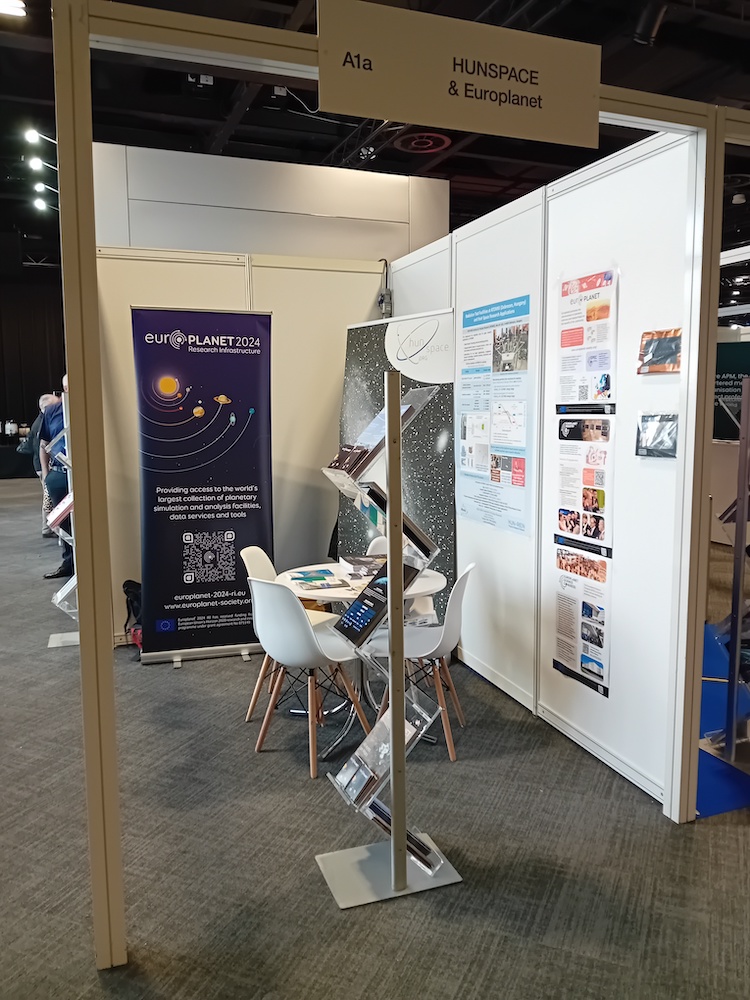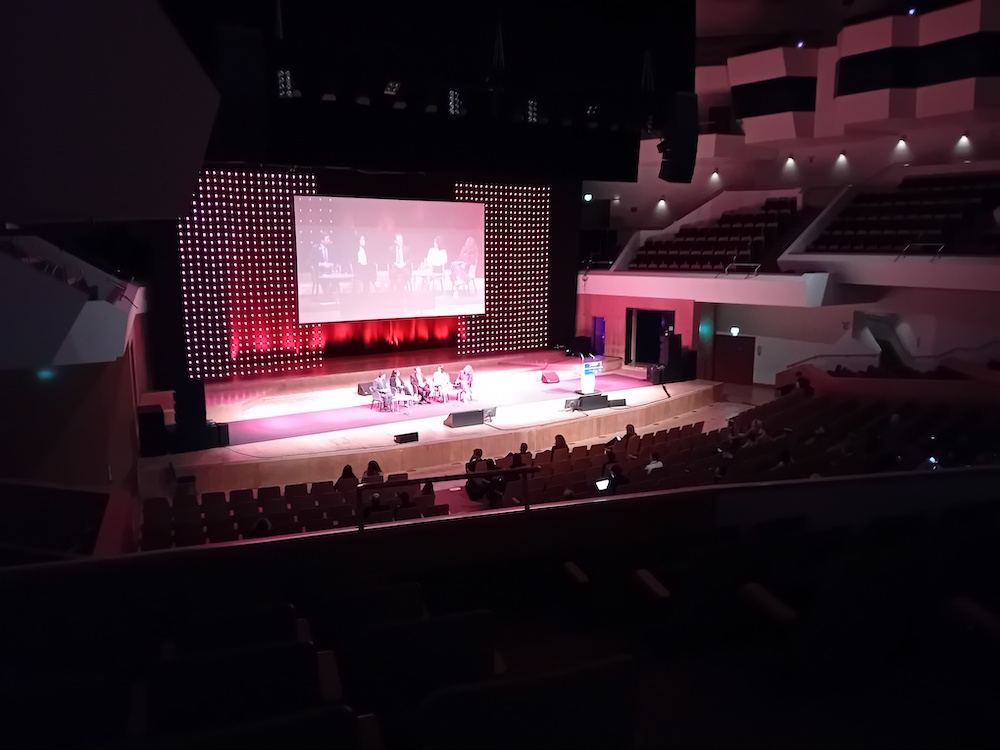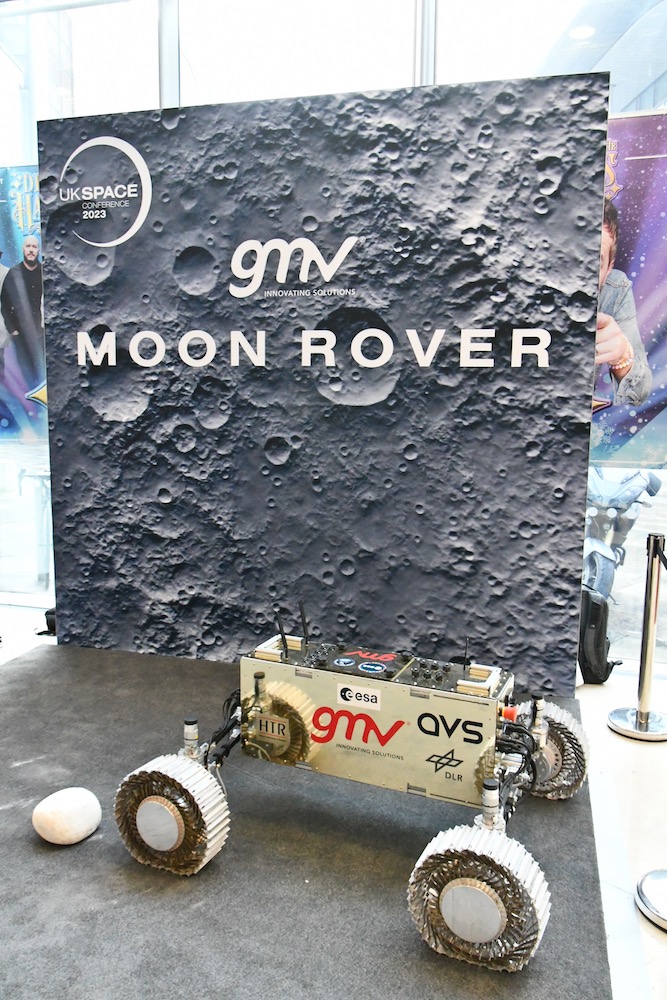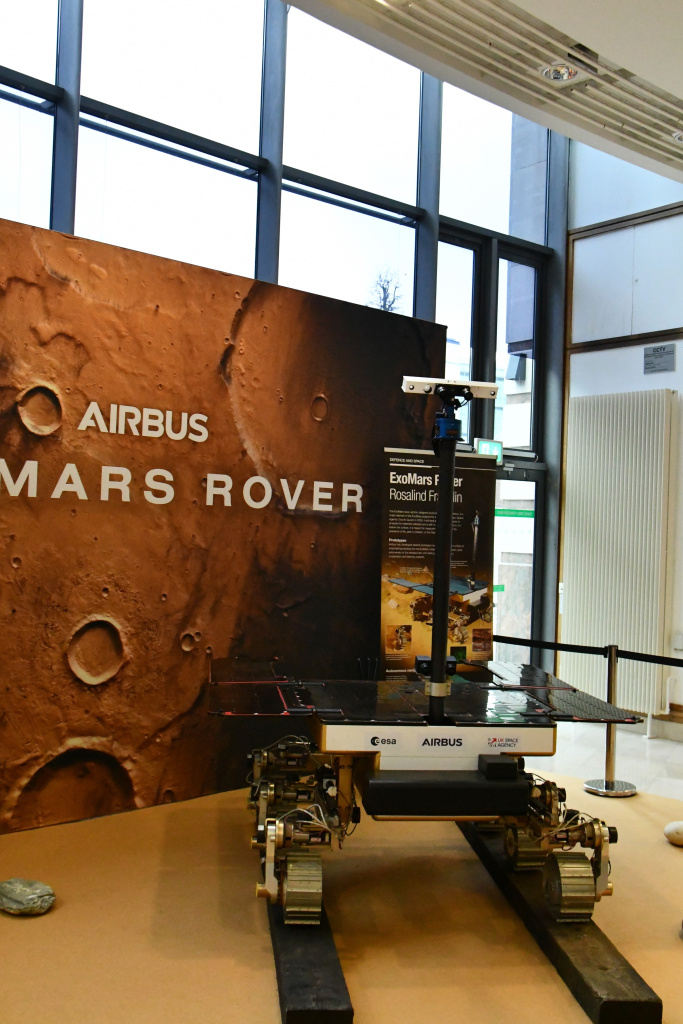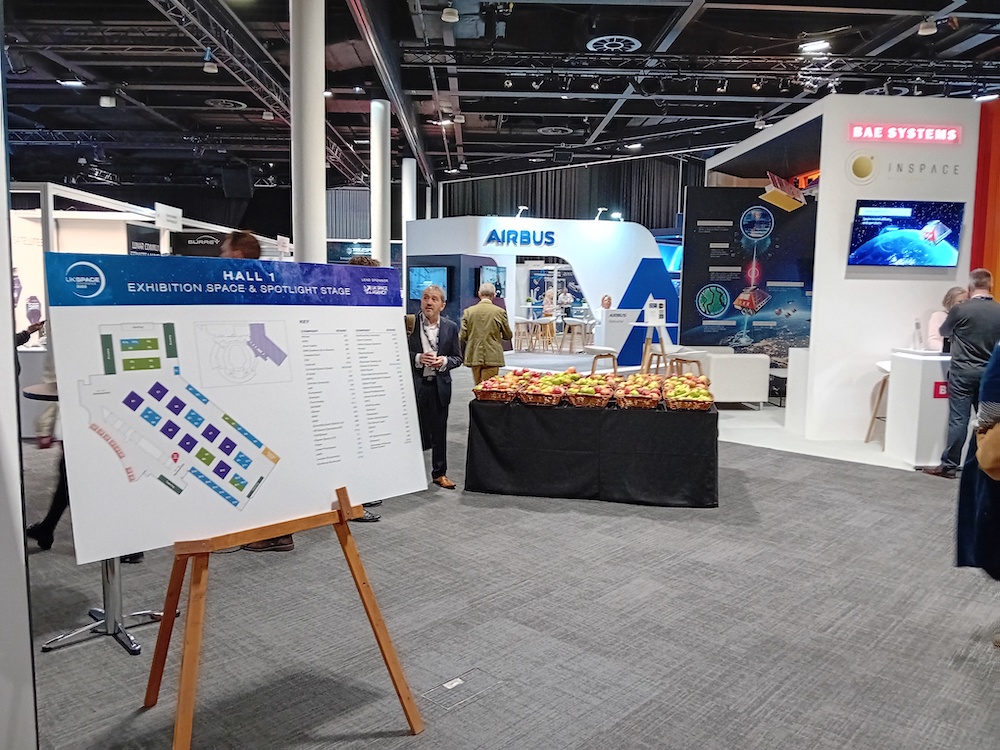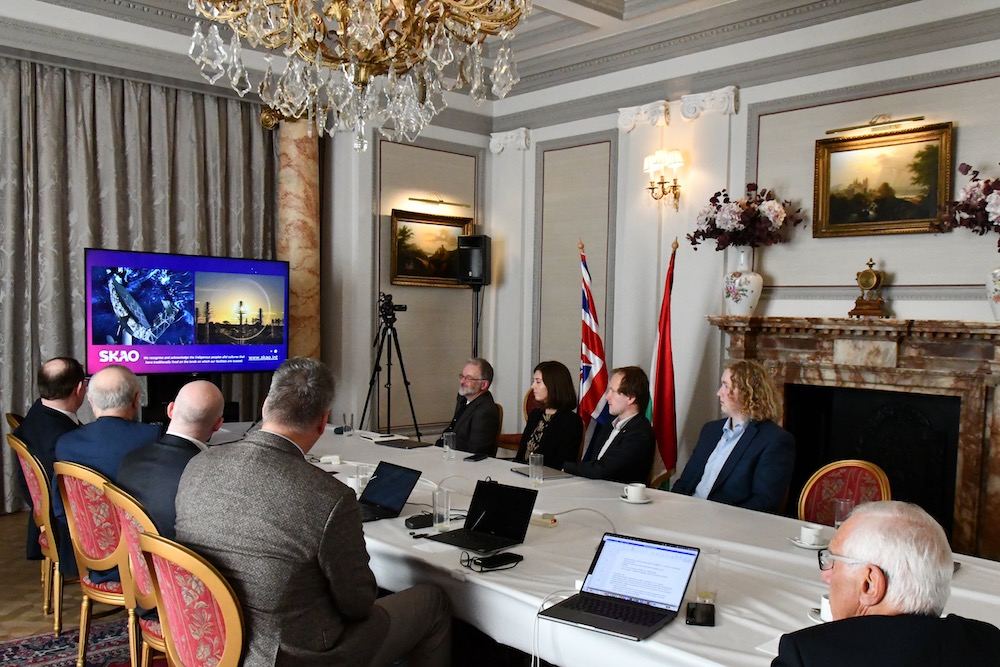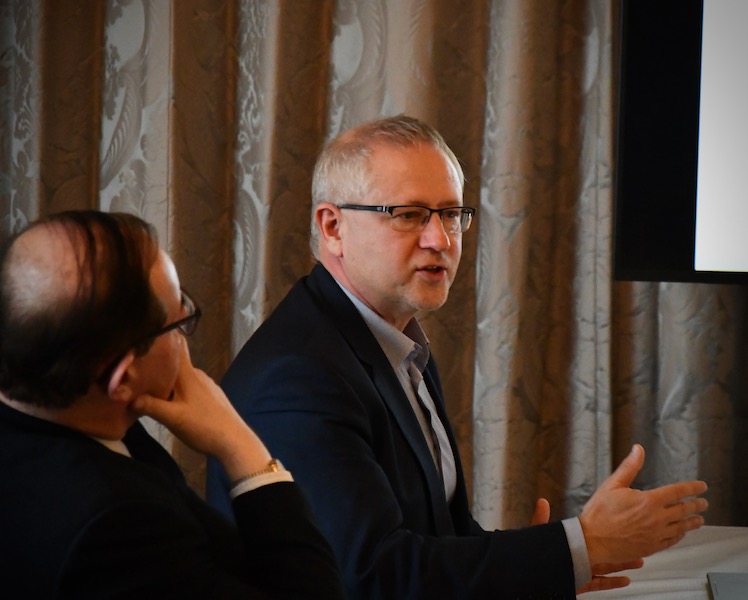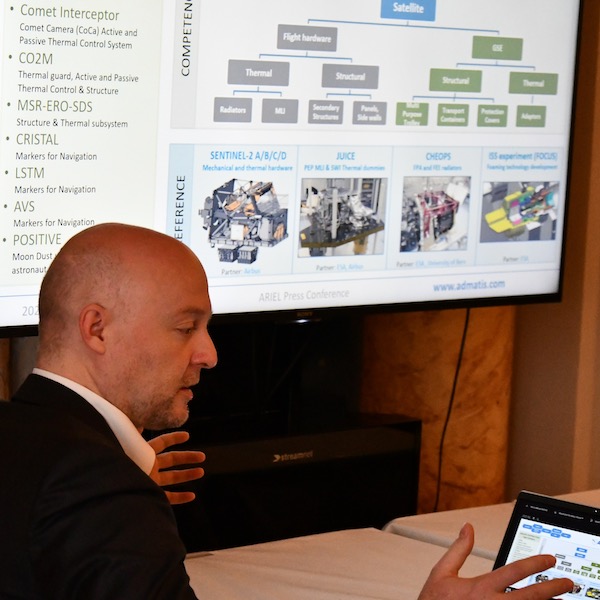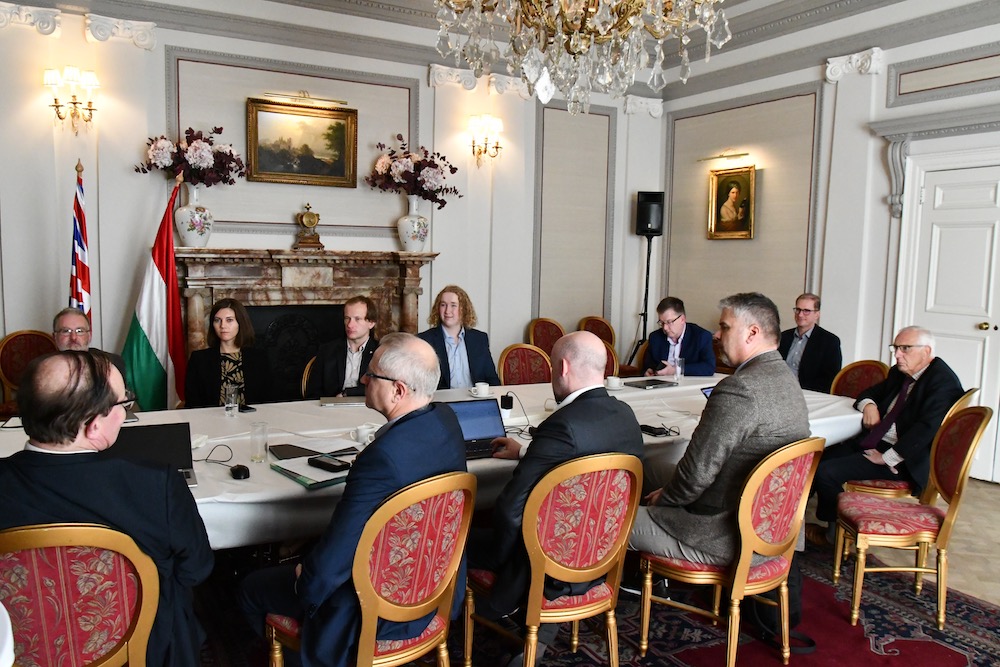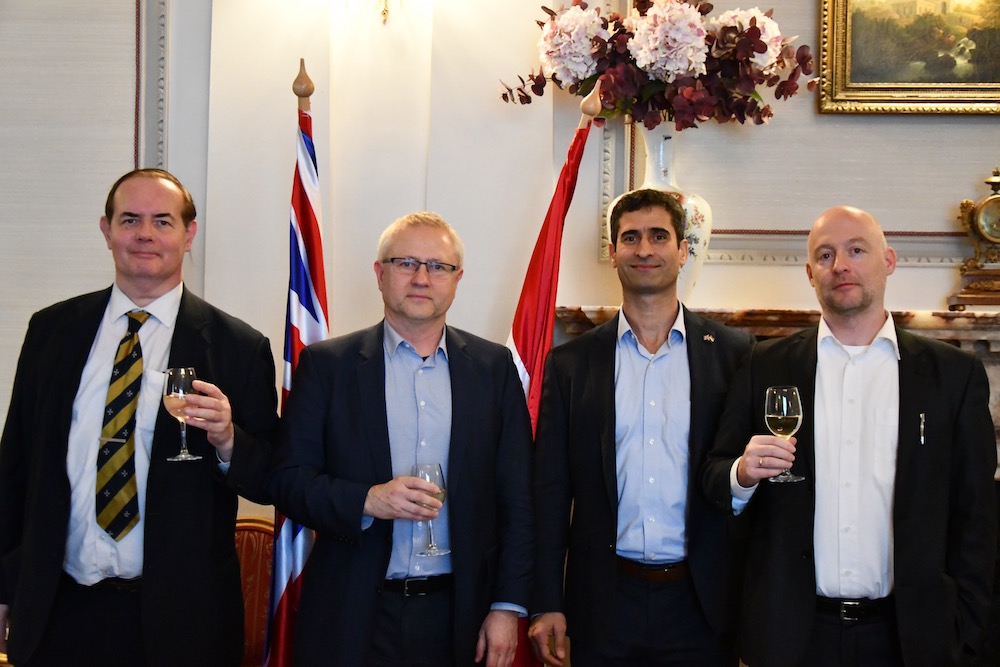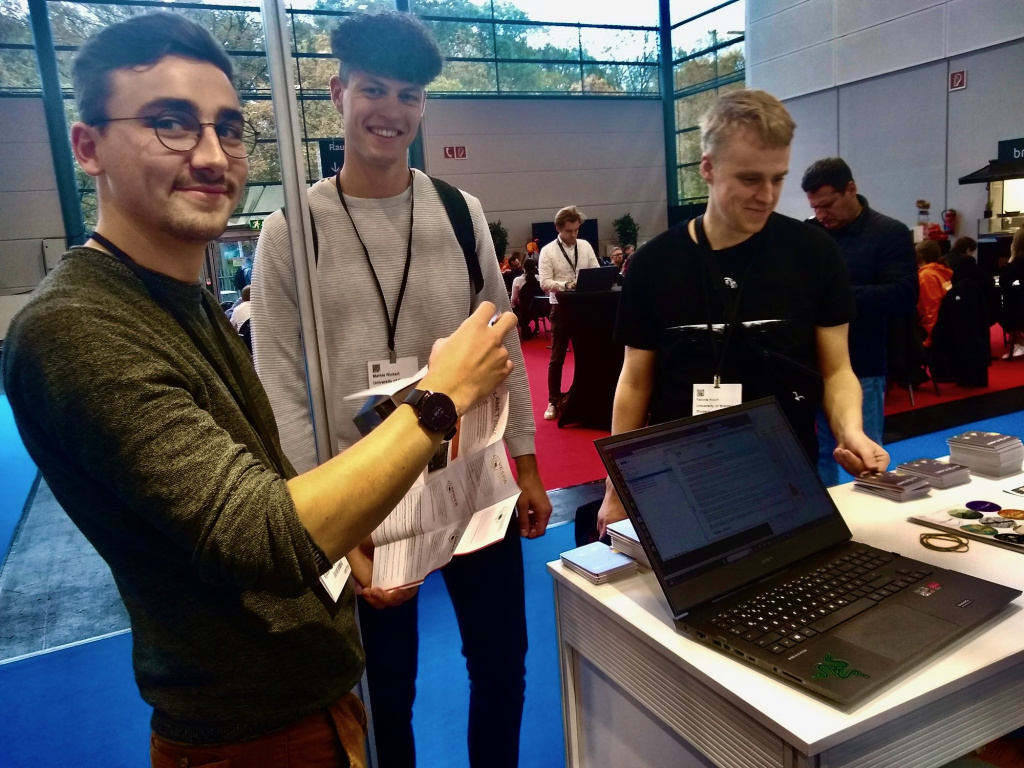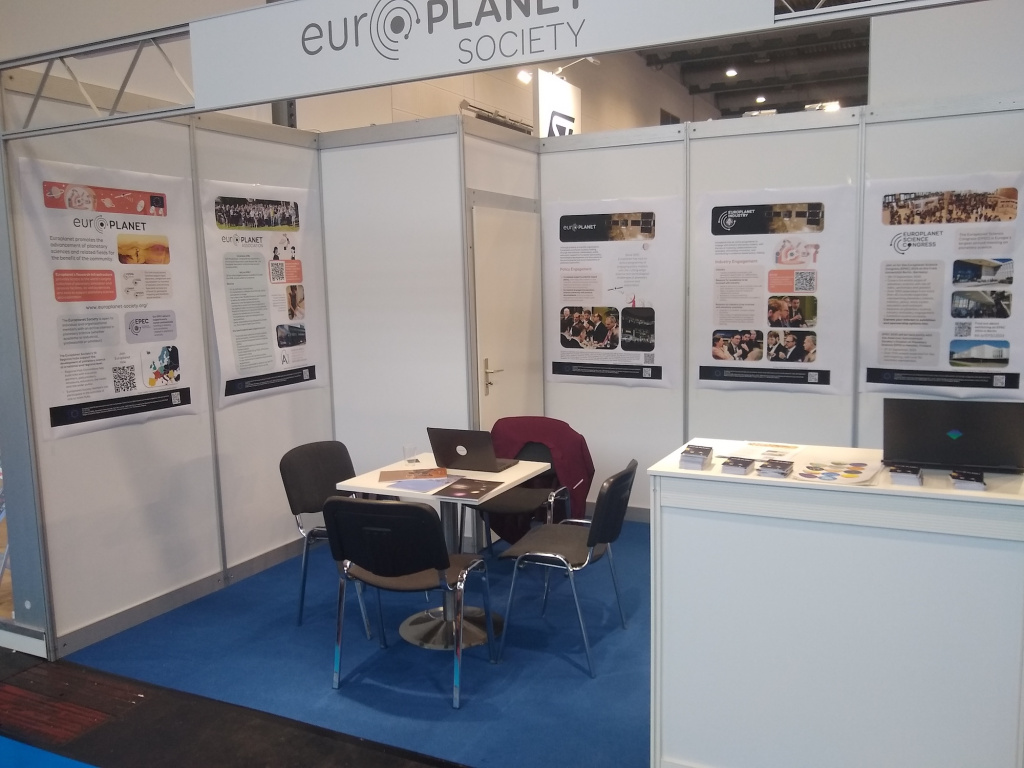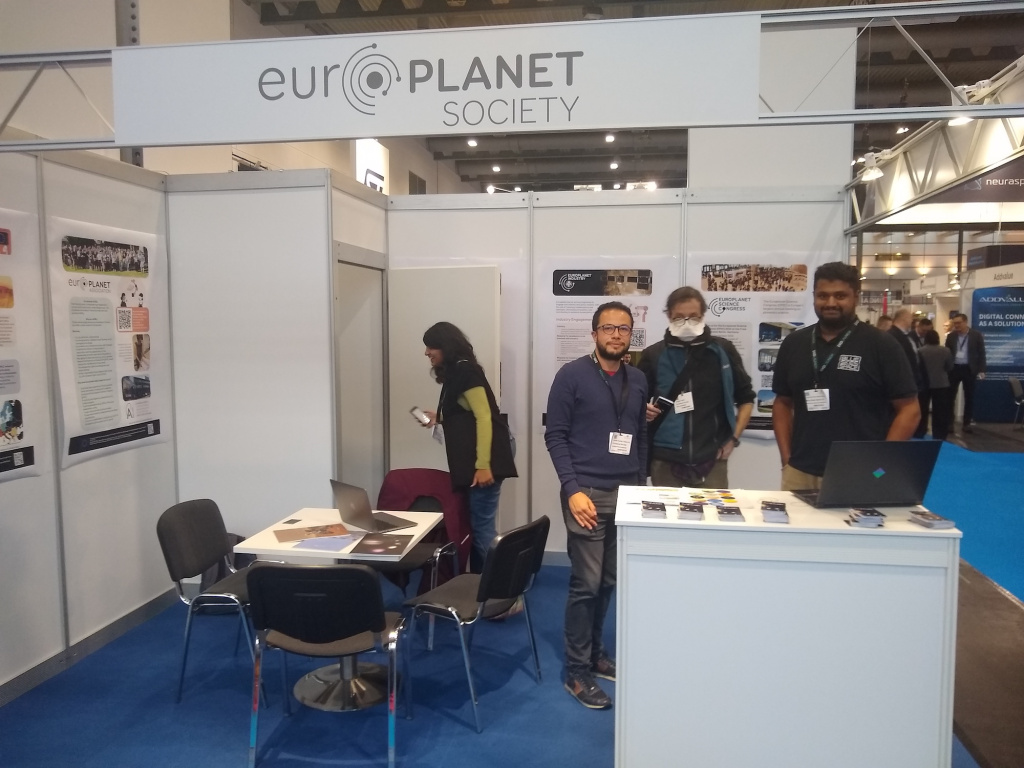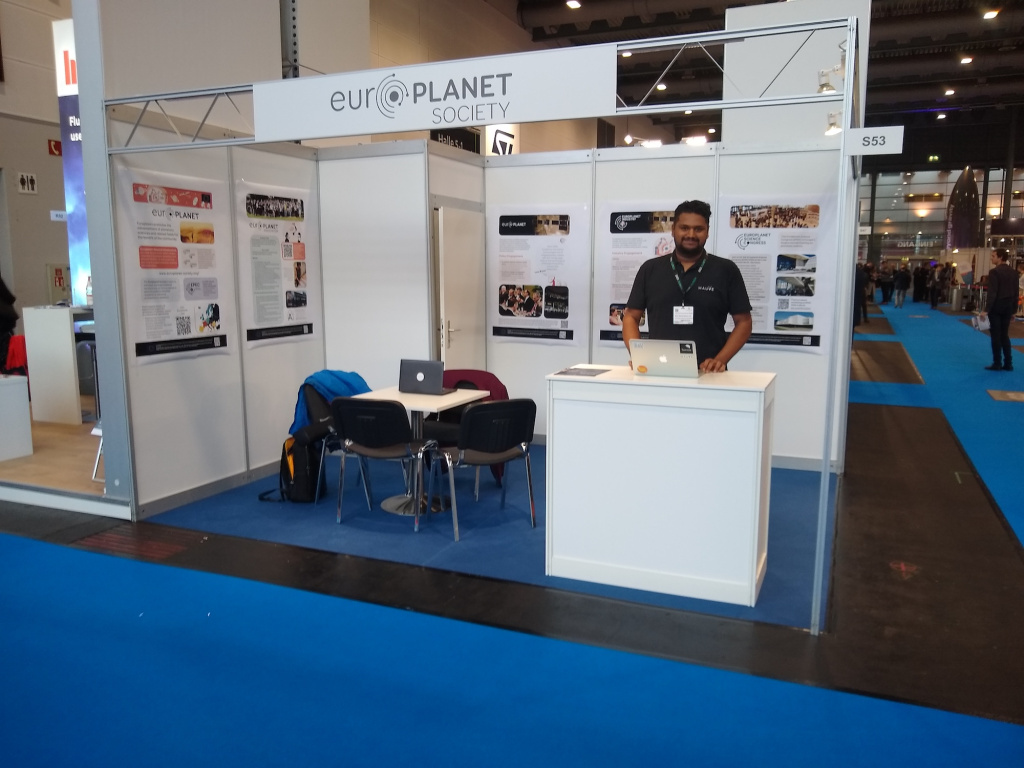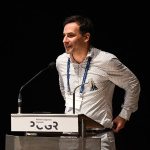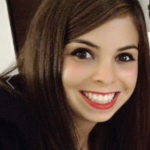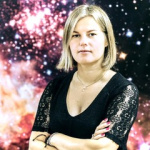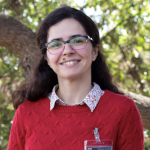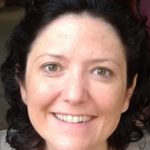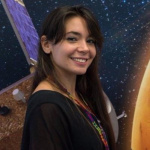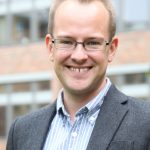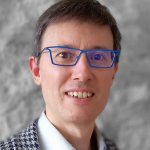EXPLORE Career Profiles
Name: Vix Southgate
EXPLORE Project Role: Communication Support
Professional Role and Affiliation: Creative Communication and VIP Manager, Vixen UK
Nationality: British
Current location: Chesterfield, UK
1. What did you want to be when you were 10?
Aged 10? That’s a good question, thinking back to where I was when I was 10; I was being bullied at junior school and, as a result, my interest in education was non-existent, my future hopes were merely to survive until I could move schools. So I dreamed of being famous – mainly because I saw this as being the complete opposite of where I was – the reality of fame is that celebrities are targeted even more by bullies (or trolls as they are now known), so I’m glad I changed that dream and didn’t take the role I was offered, as Vicky in Coronation Street, aged 15. I never really knew what I wanted to be – still don’t, but it’s been an amazing journey and fun adventure so far!
2. What was your favourite subject at school?
I enjoyed art, technical drawing, languages and history, anything creative or information that was relevant to my life.
3. What did you study at university? Why did you choose those topics and the places to study?
I did not do a degree, but left school after GCSES (aged 15) and went to Art College BTEC ND (National Diploma) in general art and design and photography; I then went on to a BTEC HND (Higher National Diploma) in Historic Decorative Crafts, because this course brought together all my passions, creativity through decorative arts, woodworking, photography, and technical drawing, as well as my love of history – in this case the history of art and architecture. To my surprise, it also had an element on Chemistry, in the form of paint technology, which I enjoyed, and even though my science results at GCSE were dreadful, I excelled at this, as it was relevant and interesting.
4. How did you get your first job? How many jobs have you had since?
My first job was a paper round aged 13, because I wanted to be able to buy my own Beano comics! My first proper job since leaving university was as a self-employed bespoke furniture maker, but I was making items for people who knew me and were helping me build a portfolio. I would say my first BIG break was a year in, when I landed the job of painting ALL the new signs for the Emmerdale set, my Woolpack sign was on the show for 25 years (it was replace in Dec 2022 after the plot writers set fire to the Woolpack)!
Occasionally, I had to supplement my income with temporary employment (which is fun and I am able to add new skills to my business skillset, which all helps with future employment) I’ve worked in most industries, and learned as much as I could with every job I have had.
5. What’s been the biggest piece of luck or ‘surprise twist’ you have had in your career to date?
Whilst there has been a huge element of luck throughout my career, that luck has always come along when I work hard to building a route to that moment that provides the big break. However, I think my transition into the space sector is the biggest surprise twist! I never had an interest in space, beyond supporting my Brother who has dedicated his life to Astrophysics. I thought of space as his universe, not mine, but then (after life-changing surgery which forced me to look at a new career) I found the technical/engineering side and fell in love with the passion of others in this sector.
6. Have you had a mentor or person that inspired you? How did they help you?
For my initial career my mentors and inspirations were my tutors and the mastercraftsmen of history. In the space sector, I would say it is everyone I meet, everyone has an inspirational story to tell and it is the most collaborative and supportive industry I have worked in.
7. What are the main things you do each day?
Each day is different. There are the usual admin tasks, prioritising tasks, email, social media, etc and sometimes I am doing research for a book or article, or proofreading, editing, designing graphics or logos, or following-up regarding events or potential leads (future work). Networking and keeping in touch with my connections is also high on my every-day to do list.
8. What do you like best about the work that you do and what do you like least?
I love the variety of jobs I do and the great potential to move in any direction I want to. I have the flexibility to follow new paths -and the unknown is so exciting, and terrifying!
I dislike the uncertainty of where the next contract or payment is coming from, but over the decades I have found a formula that works for me ‘most of the time’!
9. Do you have ambitions or things that you would like to do next?
I have so many dreams and projects that I have started and want to finish, but my main ambition is to continue to make a difference and support future generations.
10. What advice would you give your 10-year-old self?
I would not change the advice I gave myself, aged 10, and that was that ‘you will be fine’! What helps me is; to focus on the positives of each day and leave the negativity behind. Surround yourself with people that support you and celebrate your successes with you (not those who try to bring you down). Every new day is a new opportunity to learn and succeed, but also ‘do not fear failure’ it is through failing that I have learned the most and found my greatest successes!
Quick CV
- Academic qualifications
- GCSEs: Maths, Eng Lang, Eng Lit, French, Spanish, History, Art, Chemistry, Physics.
- BTEC ND: General Art & Design and A-Levels: Art
- BTEC HND: Historic Decorative CraftsYHAFE: Teacher Training
- Main or selected jobs to date:
- Self employed: (1996-present) This has included bespoke woodwork; stately home restoration; theatre, TV and film production design; painting and decorating; graphic design; signwriting; motorbike repair and custom paint jobs; church restoration and woodwork; antique restoration; author and illustrator of childrens books; publishing; editing; marketing and PR; creative communications; business and design consultancy; events coordination; VIP management and scheduling; et al.
- Capital One: (2000-2002) Customer service; creative communications; magazine editor; incentives manager.
More EXPLORE Career Profiles
EXPLORE has received funding from the European Union’s Horizon 2020 research and innovation programme under grant agreement No 101004214.

